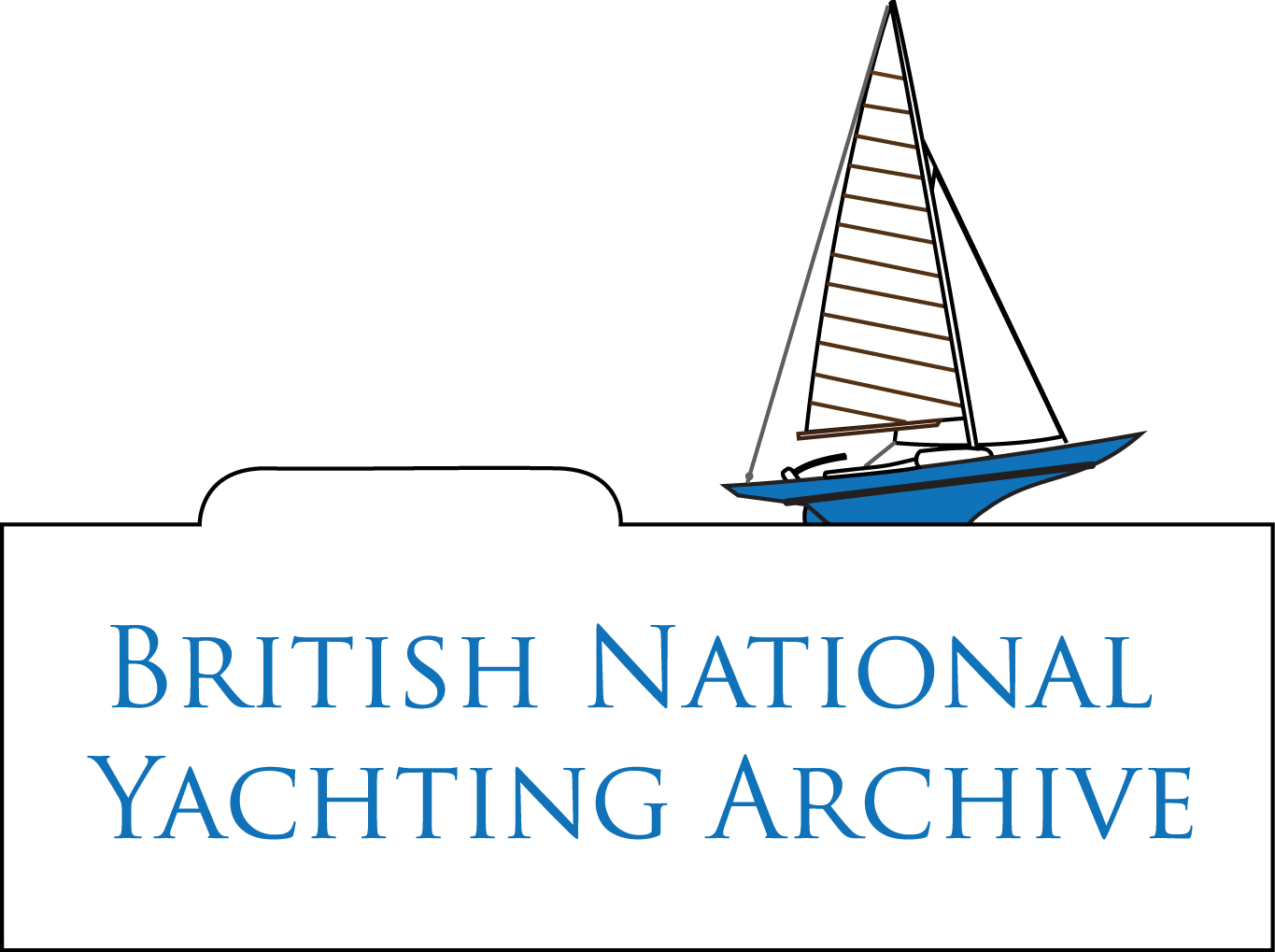After 10 years of operating on a voluntary basis, the British National Yachting Archive now needs to build its capacity in order to move forward.
Mindful that there are several important collections waiting to be deposited BNYA needs space and resources for volunteers to work – to catalogue, digitise and index the material. This move has been postponed long enough and BNYA needs the support of the sailing community to preserve our sailing history.
BNYA have launched a Just Giving campaign to raise the necessary funds: https://justgiving.com/campaign/bnya-capacity. As a registered charity with an HMRC Gift Aid account donations can be Gift–aided so that we can benefit from a Government top-up.
The funds are required to establish premises and add equipment. BNYA already has some equipment, such as a selection of scanners, and need to set it up so that more volunteers can participate.
The original driver for establishing BNYA was the recognition that material is being lost – it can be disposed of by family, landlords, etc once there is no-one to take responsibility for it – and much is still at risk.
BNYA explained: “We also recognise that there are limited places to deposit material – BNYA works closely with the National Maritime Museum for whom sailing is a minority interest. Having said that – the aim is for access to be totally digital to facilitate access to the content in a proposed reading room.”
They added that too much of the material is still in copyright so can’t be made available online, but it still needs to be preservedfor the future. Whilst BNYA has been operating now for several years, its work has focused on developing the underlying database and tools to manage what is potentially a huge data set and to populate it with information that can be readily researched in order to test everything.
The database now includes some 45,000 boats, 5,000 organisations, 30,000 references, 250,000 images, archived web material as well as extensive classification data and cross-indexing and this provides the structure for moving forward – several terabytes of data. While nominally a ‘British’ archive, Britain has operated worldwide – designed and built boats, organised and participated in events, set the rules, etc so the archive reflects that scope.




















